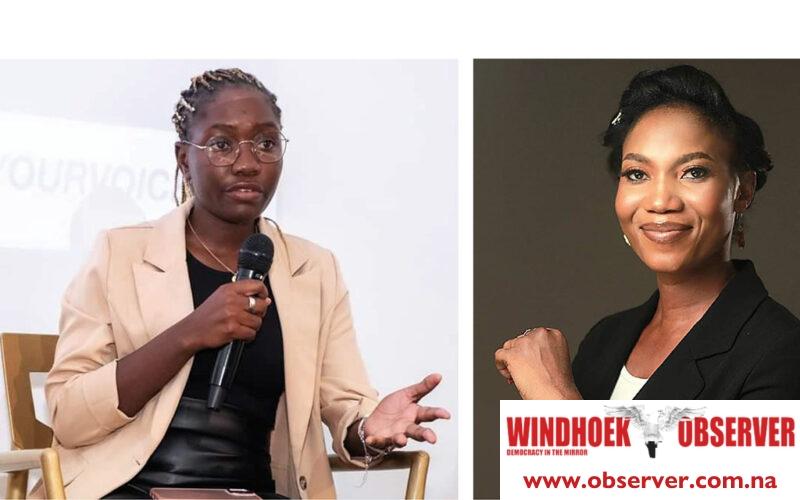Hertta-Maria Amutenja
Political analysts have voiced concerns over the increasing trend of journalists entering politics, following the recent appointments of Sonja Smith to the Popular Democratic Movement’s (PDM) parliamentary list and Julia Nekwaya to the PDM National Executive Committee for 2024-2029.
Smith is an investigative journalist with The Namibian newspaper. She has been juggling two jobs, her main occupation as a journalist and her second job as the personal assistant to the PDM’s president, McHenry Venaani.
She is number eleven on the party’s parliamentary list.
Julia Nekwaya, previously a journalist at The Namibian and Namibia Broadcasting Corporation (NBC), is number 22 on the parliament list.
She is also the PDM Youth League secretary-general.
Marius Kudumo, a political analyst, has expressed doubts about their capabilities in political roles.
“People will doubt them and think their reporting is biased,” he said.
He said their involvement might have an implication on the objectivity and professionalism of journalism.
Kudumo emphasised the importance of transparency, stating that journalists in politics should declare their political interests.
“The balancing act between the profession and politics will be the challenge,” he said.
Kudumo said journalists may have a better understanding of the challenges faced by the public due to their work.
Political analyst Ndumba Kamwanyah urged caution for journalists making this transition.
“Journalists can be very appealing to political parties because of the public relations aspect,” he said.
He acknowledged that low salaries in the media might drive journalists to seek better economic opportunities in politics.
“But it must be done for the sake of conviction, not because you see it as a road map for economic upliftment; otherwise, it will be a trap for yourself,” Kamwanya cautioned.
Smith has worked at various media outlets, including Confidente and Windhoek Observer.
She said journalism will always be her first love because of the important role it plays in a democracy such as Namibia.
“As a journalist, I was exposed to many harsh realities that many Namibians experience daily, and this has been one of my biggest worries to date. With this nomination, I plan and if elected to Parliament, I plan to bring challenges experienced by ordinary Namibians, especially the downtrodden, through representing them in the legislature,” she said.
She confirmed that she had been working closely with Venaani and with the PDM at the National Assembly.
“There, I experienced firsthand the important role the PDM plays in the National Assembly by representing the interests of all Namibians. I have further understood all policies of the PDM and the meaningful change the movement wants to make in our country,” she said.
Jemima Beukes, secretary-general of the Namibia Media Union, condemned what she termed “double dipping,” where journalists operate both as reporters and political operatives.
She noted that this practice is unethical and undermines the credibility of journalism.
“We must demand accountability from media houses and insist they stop commissioning stories from journalists affiliated with political parties,” Beukes stated.
She stressed the need to protect journalism’s integrity, particularly in a time of declining democracy globally.
According to Beukes, the issue of journalists transitioning into politics is posing a significant challenge for journalism across Africa.
“This situation also exposes colleagues eager to engage in watchdog journalism to potential espionage. Now more than ever, we must protect journalism and its integrity, as well as its vital role as a watchdog, with every fibre of our being, especially at a time when democracy is in sharp decline around the world,” she said.




